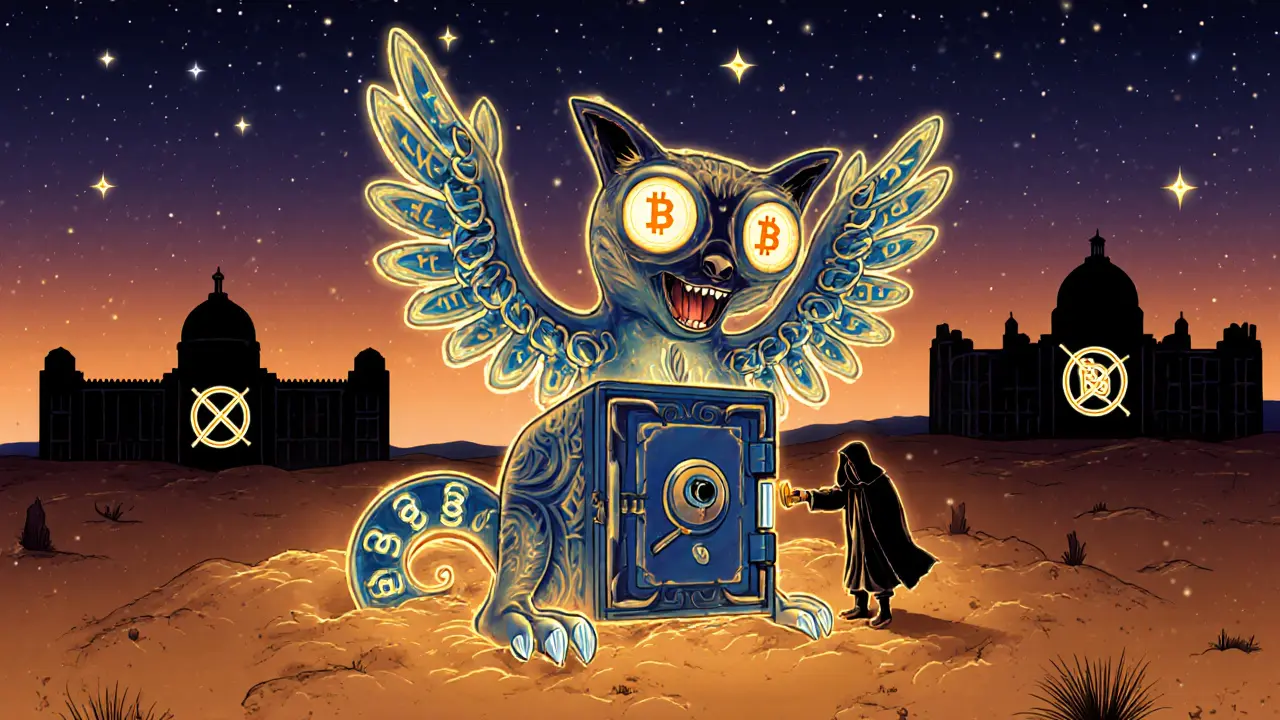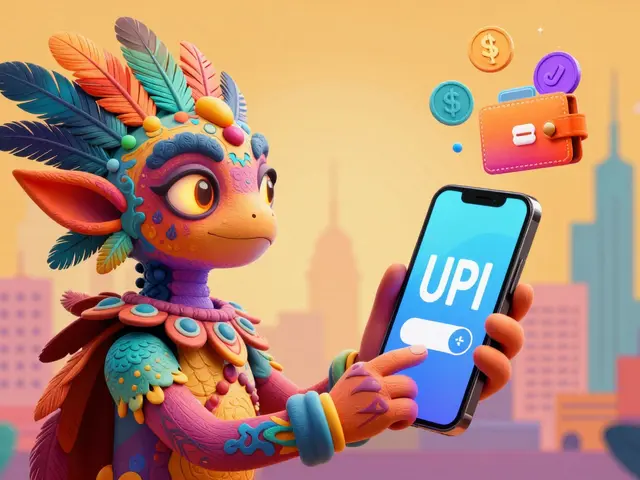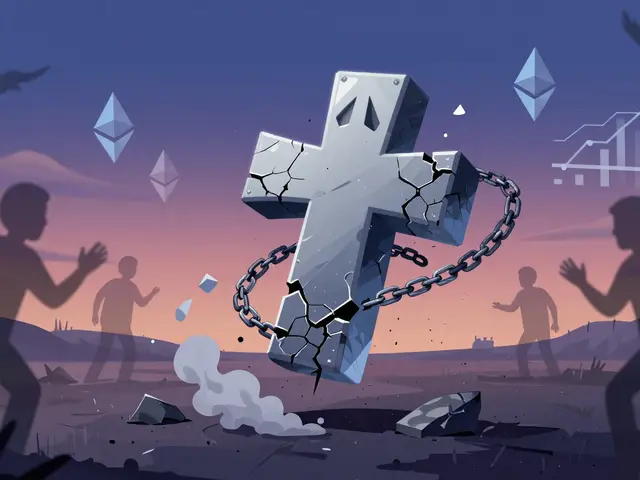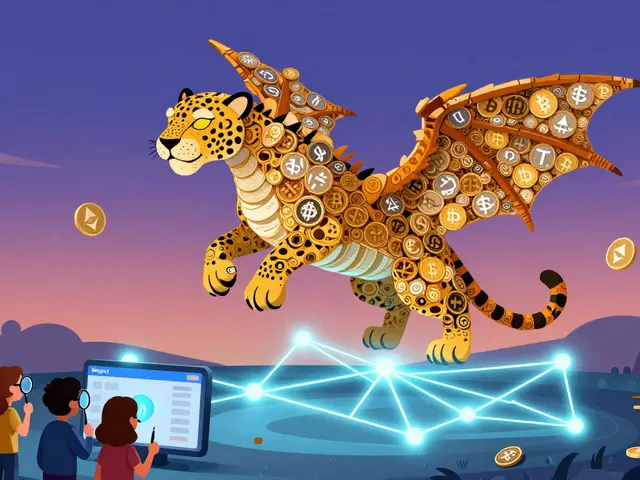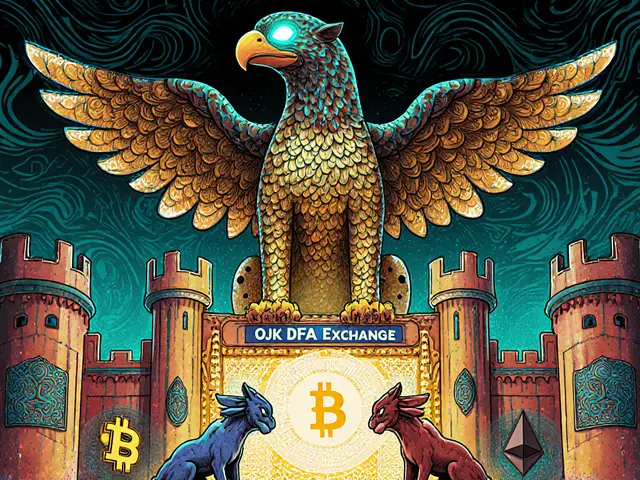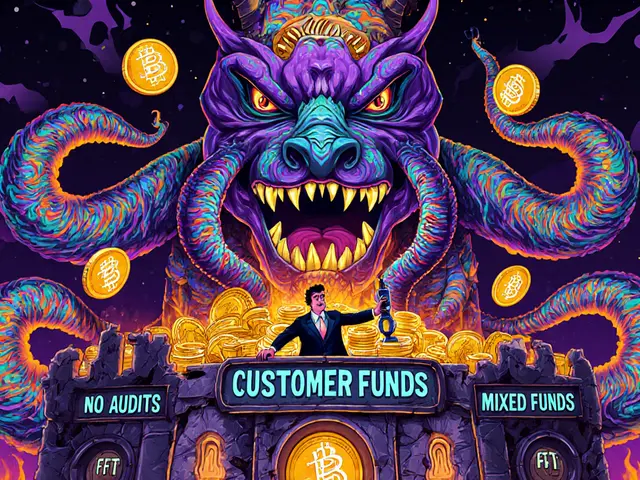Non-Custodial Wallet: Secure Your Crypto Without Trusting Anyone Else
When you use a non-custodial wallet, a type of cryptocurrency wallet where you hold your own private keys and control your funds without relying on a third party. Also known as self-custody wallet, it’s the only way to truly own your crypto—no exchange, no bank, no middleman can freeze, seize, or lose your money for you. This isn’t just a technical detail. It’s the difference between renting your crypto and owning it outright.
Most people start with exchange wallets because they’re easy. But those are custodial wallets, where a company like Binance or Coinbase holds your private keys and controls access to your funds. If the exchange gets hacked, goes bankrupt, or decides to ban you, your crypto is gone—or locked. A non-custodial wallet, on the other hand, gives you direct control over your private key—the secret code that proves you own your coins. No one else has it. Not even the wallet provider. That’s why serious holders use hardware wallets, physical devices like Ledger or Trezor that store keys offline and require physical confirmation to send funds. They’re not magic, but they make theft way harder. And if you’re using a software wallet, a mobile or desktop app like MetaMask or Phantom that runs on your device, you’re still in control—as long as you keep your recovery phrase safe. Lose that, and you lose everything. No customer service can help you.
The real power of a non-custodial wallet isn’t just security—it’s freedom. You can interact with any decentralized app, join a yield farm, swap tokens on a DEX like SushiSwap or ProtonSwap, or claim an airdrop like ATA or POAP—all without asking permission. But that freedom comes with responsibility. If you mess up your backup, get phished, or install a fake app, there’s no undo button. That’s why the posts below cover real tools, real risks, and real stories: from how to set up a hardware wallet safely, to spotting fake airdrops that steal your keys, to why some "zero-fee" exchanges still put your funds at risk if you don’t use your own wallet. You’ll find guides on the best cold storage methods, warnings about abandoned tokens tied to insecure wallets, and breakdowns of platforms that force you to trust them instead of owning your keys. This isn’t theory. It’s what keeps your crypto alive when everything else falls apart.
